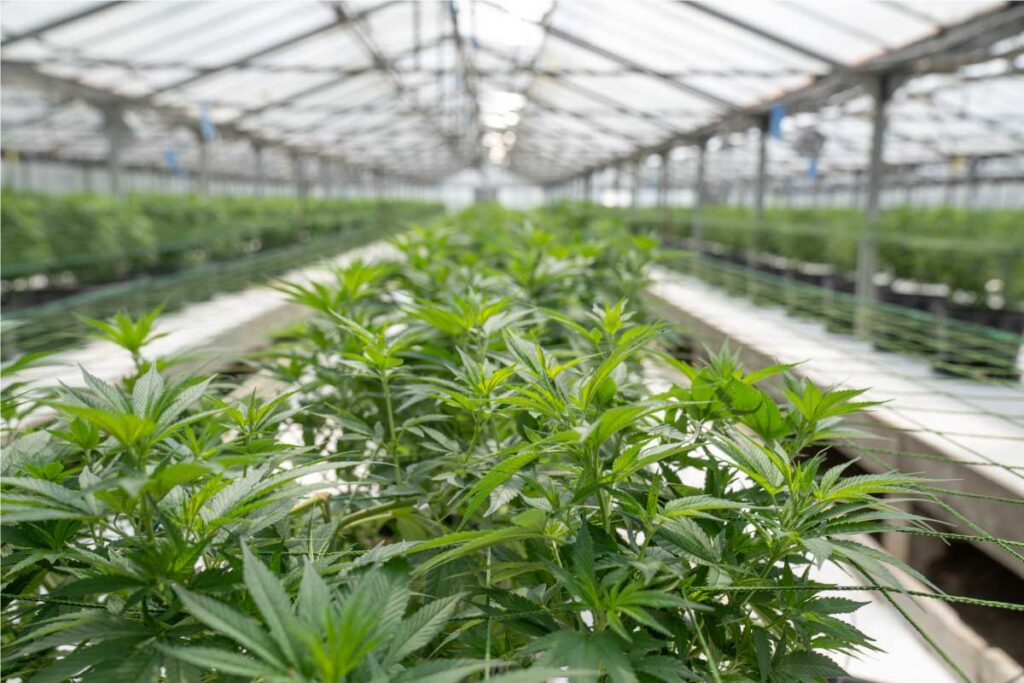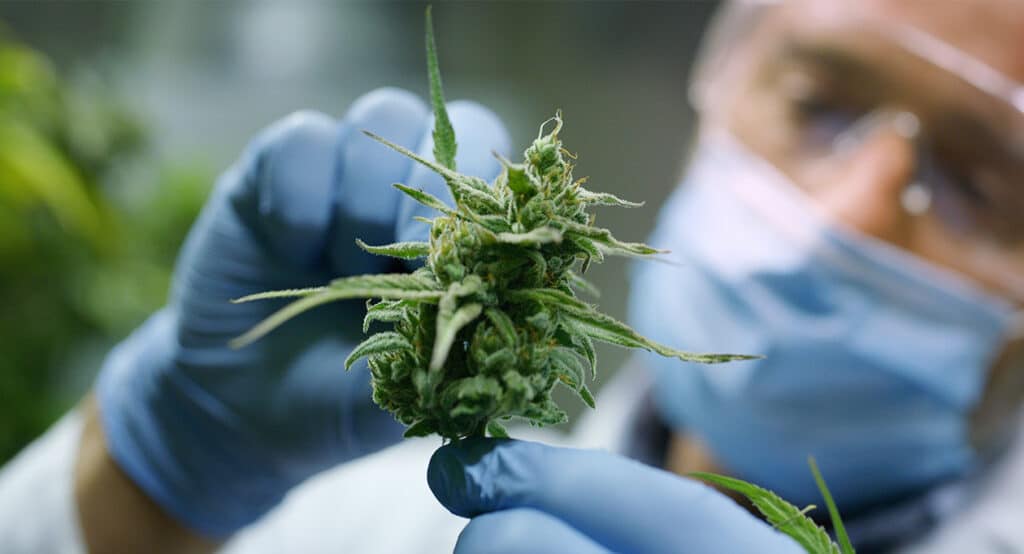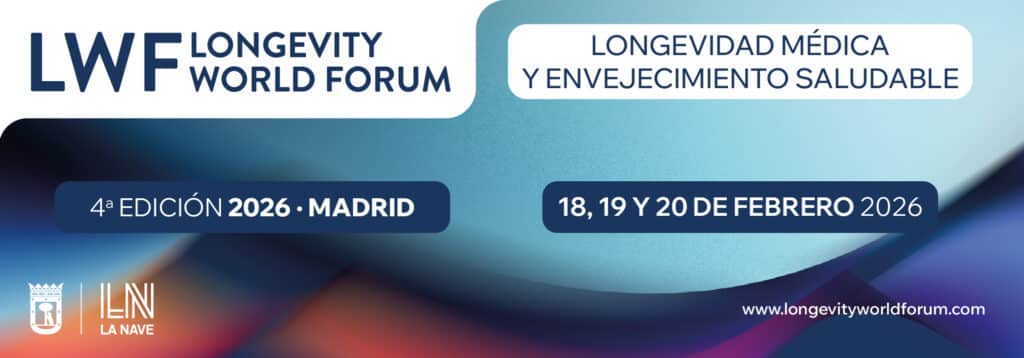The Council of Ministers has finally approved the regulation of the medicinal use of cannabis in Spain. This news, rather than opening a new chapter, seems to close a long period of institutional denial of a reality that science, clinics and patients themselves had already accepted some time ago.
For years, thousands of people with chronic pain, refractory epilepsy, cancer or multiple sclerosis have sought relief from cannabis, not out of defiance, but out of necessity. Meanwhile, the legal framework remained immobile, and the political response was limited to looking the other way. Today, the decree arrives with a vocation for rigour and security, but also with the weight of delay: that of a norm that regulates something that long ago ceased to be exceptional in medical and social practice.

The legislator's slowness in the face of patient urgency
Medical cannabis is a paradigmatic example of how health regulations often arrive long after clinical practice and the real needs of patients. Medicine evolves from experience and evidence, while the law moves from fear, control and political calculation.
This delay has a human cost: patients who have had to become their own therapists, taking legal risks or resorting to products of uncertain provenance. They have not done so out of distrust of science, but out of the conviction - often backed by studies - that cannabis could offer them a quality of life that conventional drugs could not.
The eternal dilemma: health or revenue?
The debate is not only medical, but profoundly ethical: which weighs more heavily in legislative decisions: the health of the population or how to control - and tax - their access to what nature has to offer?
When the danger argument is applied selectively, it loses credibility. If it were really about protecting public health, alcohol and sugar would long ago have been treated with the same severity as cannabis. But both drive powerful industries and are generously taxed.
The difference is that cannabis threatens an economic model based on dependence on certain drugs. If its therapeutic efficacy were fully recognised, the consumption of analgesics, anxiolytics and opioids would be reduced. And that would not only affect the pharmaceutical business, but also the very structure of a health system accustomed to treating symptoms rather than promoting wellbeing.
An opportunity to mature as a society
The new decree is a step, but not a goal. If its implementation becomes a bureaucratic maze, it will only serve to perpetuate inequality between those who can access treatment within the system and those who will continue to seek it outside.
Accepting medical cannabis should not be a political gesture, but an act of consistency with scientific evidence and with the suffering of those who have been waiting years to be heard. The challenge, beyond control and registries, is to learning to trust in the health and ethical maturity of a society which has already proven to be ahead of its legislation.
Because, ultimately, it is not about legalising a plant, but about humanising medicine..







